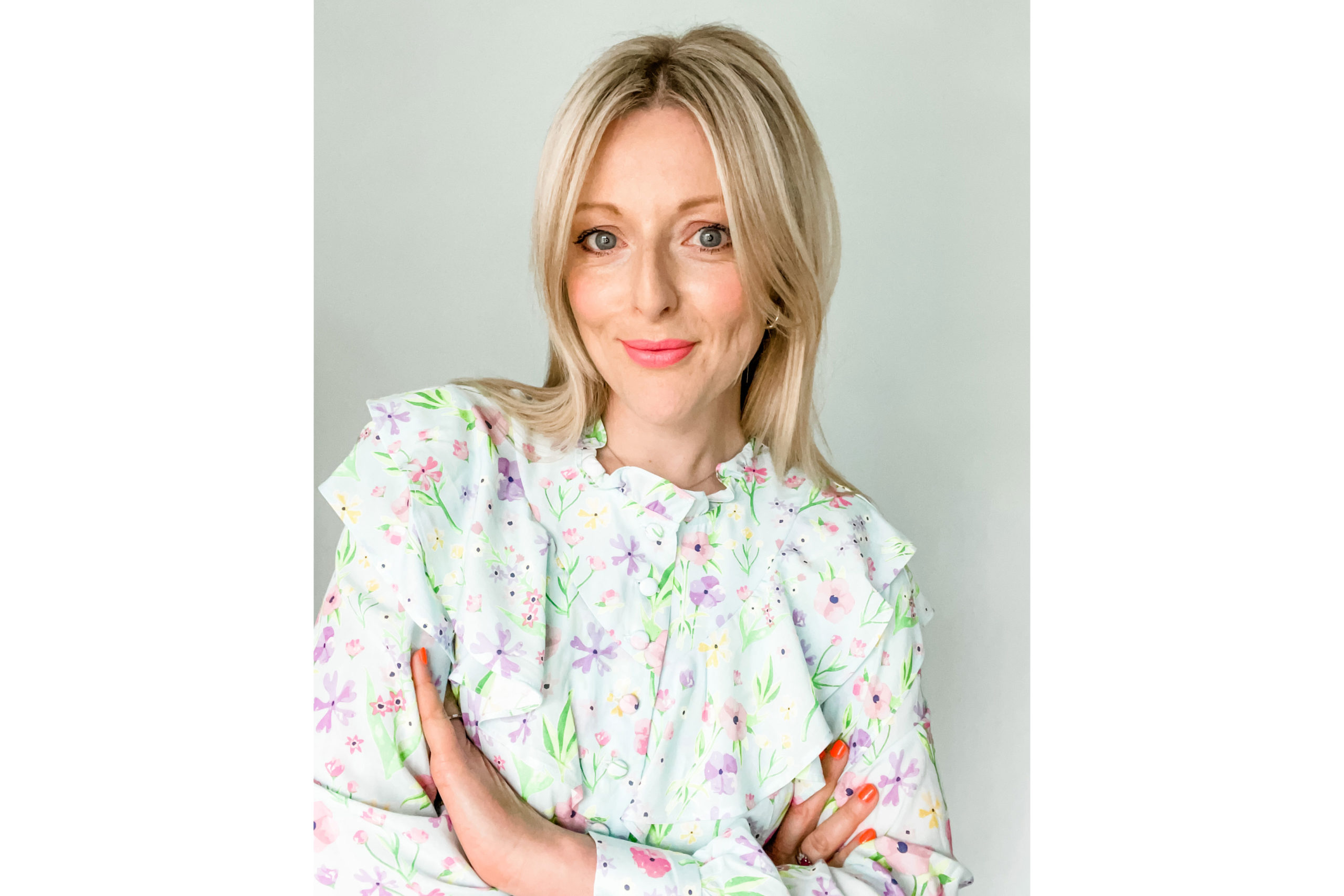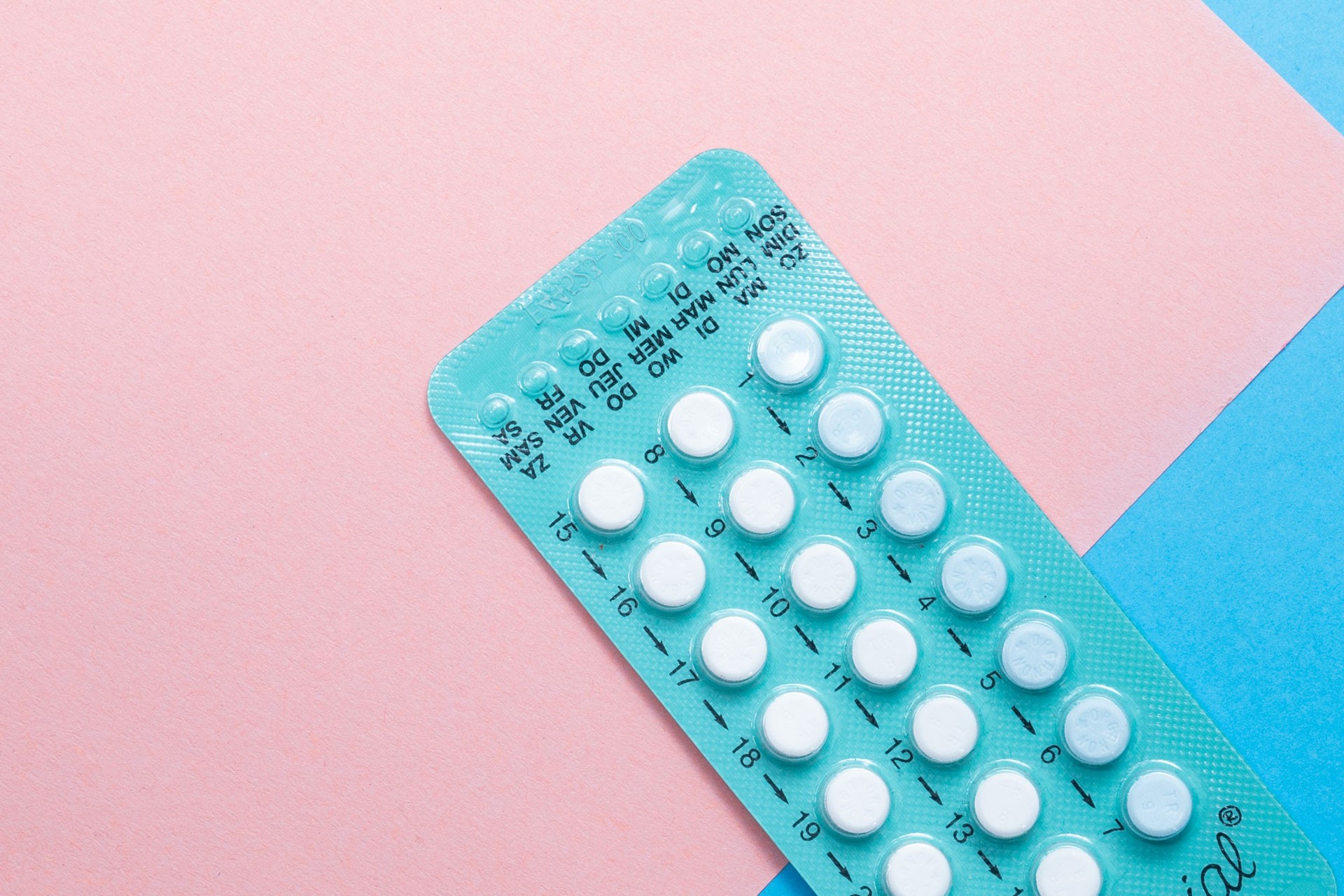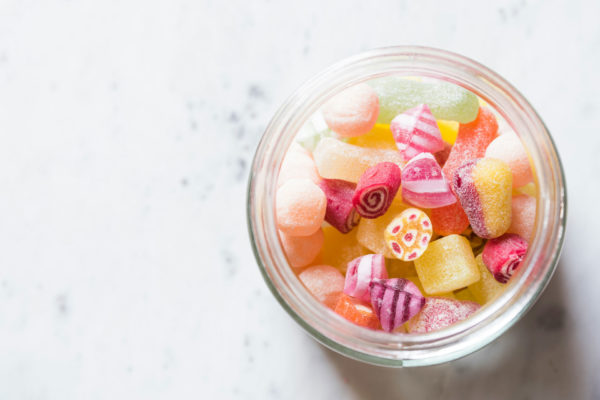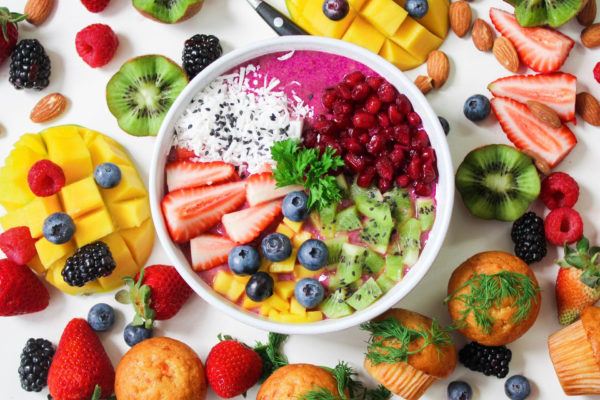What’s The Relationship Between Nutrition And Hormones?
By
1 year ago
‘Hormones are your superpower – once you understand them’

Our hormones have a significant impact on our mental and physical health, affecting everything from energy levels to weight and sex drive. But despite this, they are often misunderstood, particularly for women. Nutritionist and hormone specialist Hannah Alderson experienced this first hand after being diagnosed with polycystic ovary syndrome (PCOS), and spending years struggling to create balance within her body. Disillusioned with the medical advice out there, she decided to take matters into her own hands, launching her own platform called The Positive Method, which is designed to help women navigate hormonal health. A key pillar of Hannah’s work is the relationship between nutrition and hormones, looking at how the food we’re eating affects the chemical messengers inside our body – and ultimately influences how we feel. We find out more below.
Nutrition and Hormones: How Does Food Affect Hormonal Health?
Q&A with Hannah Alderson

How did you get into the world of nutrition?
I’ve always had a huge interest in food and would spend hours in health food shops perusing the supplement shelves, but my calling was always theatre and the arts, so it wasn’t until my late 20s that I embarked on a career pivot.
My period was always irregular as a teenager. Like a lot of girls in the late 90s and early 00s I was put on the pill and when I came off it, my actual period did not return. My concerns were brushed off by doctors, although it was still nowhere to be seen for a year and a half. I had a number of other symptoms – I could look at a doughnut and put on 5lbs, I suffered with anxiety and skin issues, but it was a good few years until I got a formal PCOS diagnosis, and at the age 30 my endometriosis diagnosis – a double whammy, if you will.
I jumped between one fad diet to the next juice cleanse focused solely on keeping on top of my weight, but it is a complete myth that losing weight will solve PCOS. This type of inflammatory yoyo diet lifestyle, alongside terrible sleep patterns and high stress, unbeknown to me, drove my PCOS and endometriosis to a point where I didn’t want to leave the house.
When I took matters into my own hands I embarked on a journey of discovery and self-initiated research. What followed was an understanding that nutrition and a positive mindset play a leading role when it comes to your health, happiness and all importantly your hormones. The right guidance can be just the tonic to navigate the complexities of endocrine issues. I’m now mum to Otis and Dusty, I am living symptom free, happy and healthy, and I get to dedicate my career to the awareness of conditions like these.
How can the food we eat affect our hormones?
It can affect every aspect of your hormonal health, as nutrition has the power to change your hormonal status for the better and for the worse, from the biochemical impact that the structure of food has on your body all down to the nitty gritty of nutrients. I break hormone health down into four stages: the production, the transportation, the reception and the detoxification. All of these stages are impacted by the food we eat.
A diet rich in colourful plant based produce is going to elevate your nutrient status which gives your body the optimal tools it needs to thrive – the raw materials and cofactors so your hormones can do their job, as well a feed your gut microbiome, creating a more diverse colony of gut bacteria.
Calories are not created equal when we equate the nutrients that they deliver. Calorie counting as a sole metric for food composition is outdated. Yet, so many women that I work with still come to my clinic thinking that they are shackled to weighing out food and tip tapping calories into an app. And also that weight loss alone is the holy grail. It isn’t and it’s sadly very much part of the issue with many of my clients who are told to ‘just lose weight’. You can be underweight and riddled with hormonal dysfunction.
When I work with clients I forge a super positive approach to food by focusing on what you are adding into the party, and not what you are restricting. By maximising whole foods high in vitamins, minerals, phytonutrients you are going to run better as a machine and support a diverse gut bacteria which will ultimately lead to better hormonal health.
As women, should we be altering our diet to work in harmony with our menstrual cycle?
The most important thing is that you alter your diet and your lifestyle to create a happier home for your hormones to thrive. That is the first and most important step. Diving deeper and working with your menstrual cycle has the potential to be beneficial but for a lot of women, cycles are irregular. Trying to eat with cycles can then seem like another added job. I don’t tend to do cycle led eating in the work that I do. Instead, I would recommend consistency and remind women, any diet is not about being perfect.
Why do many women crave chocolate during their period? Can it actually help?
We deal with glucose in quite a different way depending on where we are in our cycle (many other things impact this too) and at different points in the cycle we may require more or less energy, hence why we may crave glucose more at certain points. There is a link to magnesium levels too – when they are low we can crave chocolate. So if you’re feeling the urge, try a magnesium rich Epsom salt bath, use cacao powder in cooking or opt for 80 percent dark chocolate. That being said, if you’re feeling like you need a Malteser – just go for it and feel no guilt. Chocolate isn’t the enemy. It is what you do the majority of the time that counts.

Pexels
How do ultra-processed foods affect our hormone levels?
Ultra-processed food is being consumed at an ever increasing rate – and what’s bonkers is that eating real food is somehow being considered a diet these days. I’ve coined the idea of the ‘Faff Factor’ (how much has your food been faffed about with by another human being or machine). We are being led to believe certain food is great for us and should be maximised, when in fact it should not. They are often laden with omega 6 seed oils, which are no bad thing as omega 6 is essential, but if the ratio is too high against omega 3 we will see diet induced inflammation.
It’s very confusing for consumers. The impact that this high human intervention food is having on hormone health via the implications of inflammation, obesity, nutrient deficiency, gut diversity and insulin resistance is huge.
What about alcohol – does that affect our hormones?
Yes, as it is a toxin. Don’t get me wrong, I love a glass of Savvy B but the main issue with over consumption of alcohol is the impact this has on our liver. The liver metabolises and regulates your sex hormones, thyroid hormones, cortisone and other adrenal hormones – and most importantly assists in the detoxification of your sex hormones. Oestrogen clearance is very important for optimal female health. And if your liver is busy with alcohol, it’s not going to be doing such a great job with your hormones.
What’s the relationship between gut health and hormones?
Where there is gut dysbiosis (imbalance) we can see an issue with hormone imbalance. Pretty much everything impacts the gut – external factors include food, drugs and pathogens, and internal factors include immune and endocrine factors.
In the gut, diversity is key. In cases of PCOS, some researchers have found that patients with PCOS have a significantly lower diversity of gut microbiome versus those without the condition. The diversity of the gut can play a leading role in the development of hormone related disorders – it’s complex but the link is there.
What are some of the symptoms of hormonal imbalances in the body?
- Absent or irregular period
- Weight gain, in particular around the middle
- Mood swings or rage
- Low libido
- Vaginal dryness
- Irregular ovulation or failure to ovulate
- Hot flushes
- Difficulty losing weight
- Difficulty getting pregnant
- Pregnancy complications and miscarriage
- Excessive hair growth (hirsutism)
- Male patterned baldness and thinning hair
- Acne or skin changes
- Skin conditions like eczema and psoriasis
- Skin tags
- Anxiety and depression
- Fatigue
- Brain fog
- Sleep disorders
- IBS
… and this is the tip of the iceberg.
Obviously hormonal contraception can affect our hormones. How might it impact the body’s nutrient stores?
If we are taking the pill, it’s now widely understood that it can impact nutrient stores. Studies have shown depletion of B vitamins, zinc, magnesium, vitamin C and E. A further issue is that a lot of people are nutrient deficient anyway, so this can prove extra tricky.

Can the pill trigger vitamin deficiencies? Should people on the pill be taking supplements?
Always look at the diet first – supplements can of course be a massive help but always seek the advice from a healthcare professional.
Tell us about The Positive Method. Why did you create it and what does it involve?
Alongside your genetic blueprint, the process of hormonal imbalance unfolds via three main drivers – stress, inflammation and insulin resistance: the triple threat of hormonal health. The Positive Method is based upon supporting and improving these three areas.
My mission is to educate, empower and create a positive force in women’s lives, providing them with the knowledge to navigate hormonal health and happiness via nutrition, sleep, movement, self-love, positive mindset and creativity. To work with your hormones, not against them. Hormones get such a bad rap, but they are in fact your superpower, once you understand them.
Hormone health, particularly the area of weight loss is a loud place. Diet culture is rife and I want to cut through the noise. If your health goals are positive to attain, they are going to be positive to maintain. My method doesn’t dictate exactly what to eat and when (like most diet plans). Instead, it’s an evidence-based six pillar approach that teaches a framework to create a happier home for your hormones. The pillars are: balance your blood sugar, eat colourful, move more, sleep better, live positive, and have no shame.
And it goes beyond the food— lifestyle choices and tools to reduce stress by fostering happiness, creativity and positive action are all as important as eating your veg. By creating a happier environment for your hormones to thrive and work optimally you can work with them, not against them. When our hormones dance the right dance to the right beat, life can be a very wonderful thing.
How To Work With Hannah
Hannah works with women one to one via her private online clinic and also runs a monthly membership club called The Positive Method Club. Clinical specialisms are PCOS, weight loss, peri/menopause, endometriosis, PMS and skin health. Read more at hannahalderson.com and find her on Instagram @hannahaldersonnutrition.






